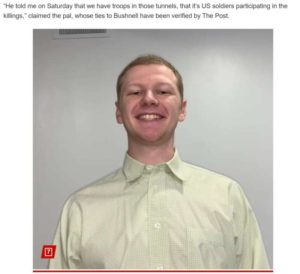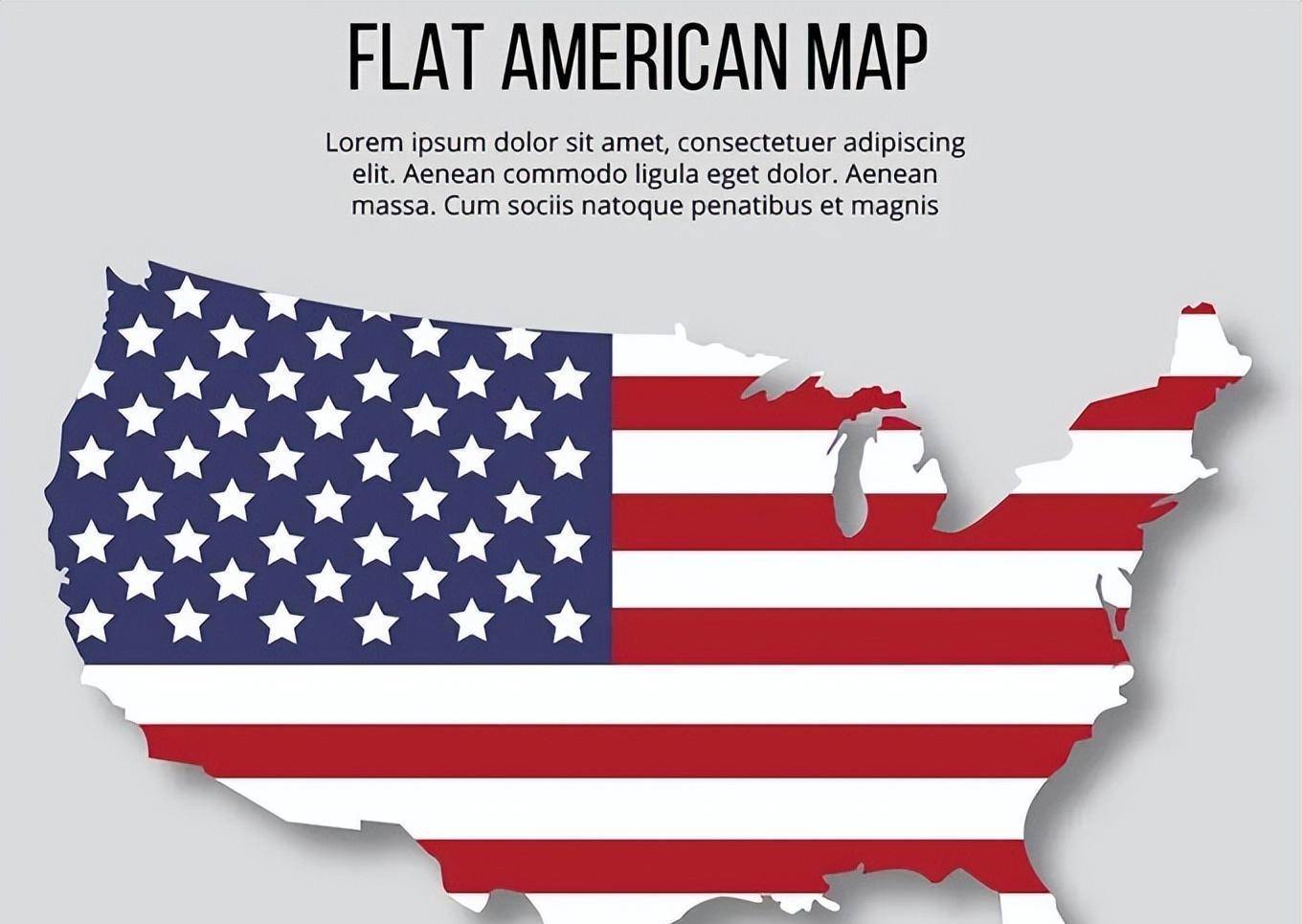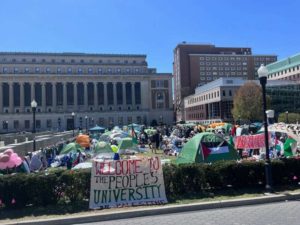Coronavirus: What attacks on Asians reveal about American identity
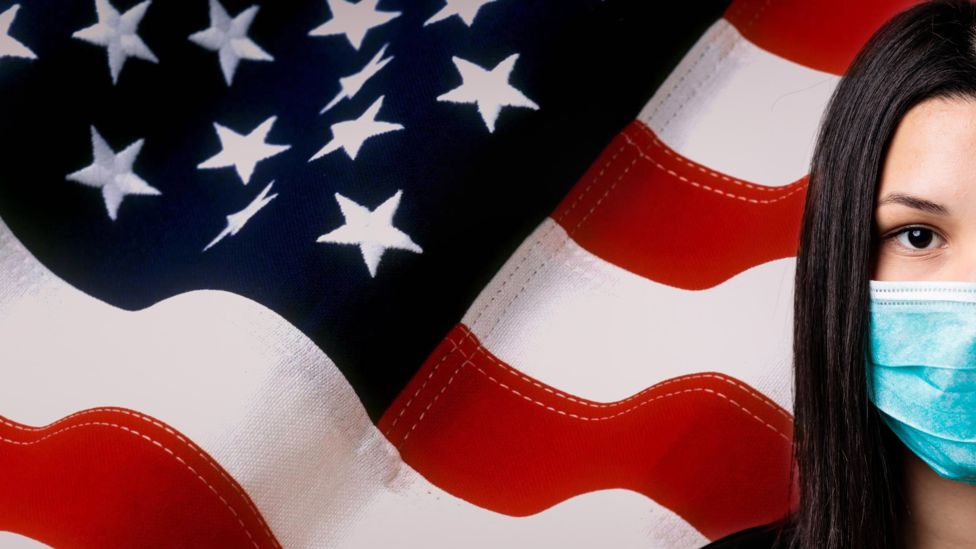
Attacks on East Asian people living in the US have shot up during the pandemic, revealing an uncomfortable truth about American identity.
Though she was not born in the US, nothing about Tracy Wen Liu’s life in the country felt “un-American”. Ms Liu went to football games, watched Sex and the City and volunteered at food banks.
Before the Covid-19 pandemic, the 31-year-old didn’t think anything of being East Asian and living in Austin, Texas. “Honestly, I didn’t really think I stood out a lot,” she says.
That has changed. With the outbreak of the pandemic that has killed around 100,000 people in the US, being Asian in America can make you a target – and many, including Ms Liu, have felt it.
In her case, she says a Korean friend was pushed and yelled at by several people in a grocery store, and then asked to leave, simply because she was Asian and wore a mask.
In states including New York, California, and Texas, East Asians have been spat on, punched or kicked – and in one case even stabbed.
Whether they have been faced with outright violence, bullying or more insidious forms of social or political abuse, a spike in anti-Asian prejudice has left many Asians – which in the US refers to people of east or southeast Asian descent – wondering where they fit in American society.
“When I first came here five years ago, my goal was to adapt to American culture as soon as possible,” says Ms Liu.
“Then the pandemic made me realise that because I am Asian, and because of how I look like or where I was born, I could never become one of them.”
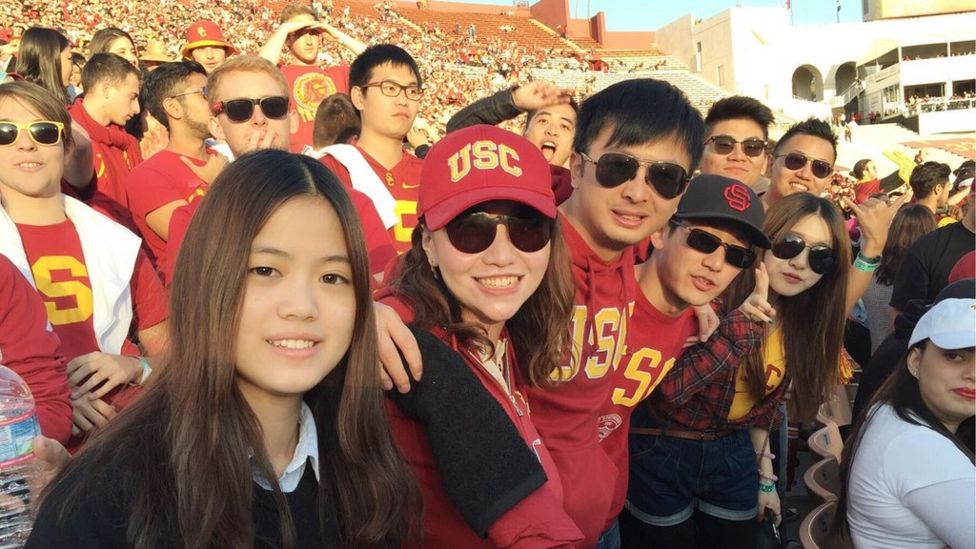 Image copyrightTRACY WEN LIU
Image copyrightTRACY WEN LIUAfter her friend’s supermarket altercation, she decided to get her first gun.
“I hope the world never comes to a day when we have to use that,” she says, adding: “That would be a very, very bad situation, something I don’t even want to imagine.”
Authorities in New York City and Los Angeles say that hate incidents against people of Asian descent have increased, while a reporting centre run by advocacy groups and San Francisco State University says it received over 1,700 reports of coronavirus-related discrimination from at least 45 US states since it launched in March.
Police in at least 13 states, including Texas, Washington, New Jersey, Minnesota and New Mexico, have also responded to reported hate incidents.
Critics say those at the very top have made things worse – both President Donald Trump, and Democratic hopeful Joe Biden have been accused of fuelling anti-Asian sentiment to varying degrees with language they’ve used while talking about China’s role in the outbreak.
And for many Asian Americans, it can feel as though, in addition to being targeted, their identity as Americans is being attacked.
How serious is anti-Asian prejudice in the US?
Large numbers of Asian Americans, and Asians in the US – have described a sharp change in their experiences following the outbreak.
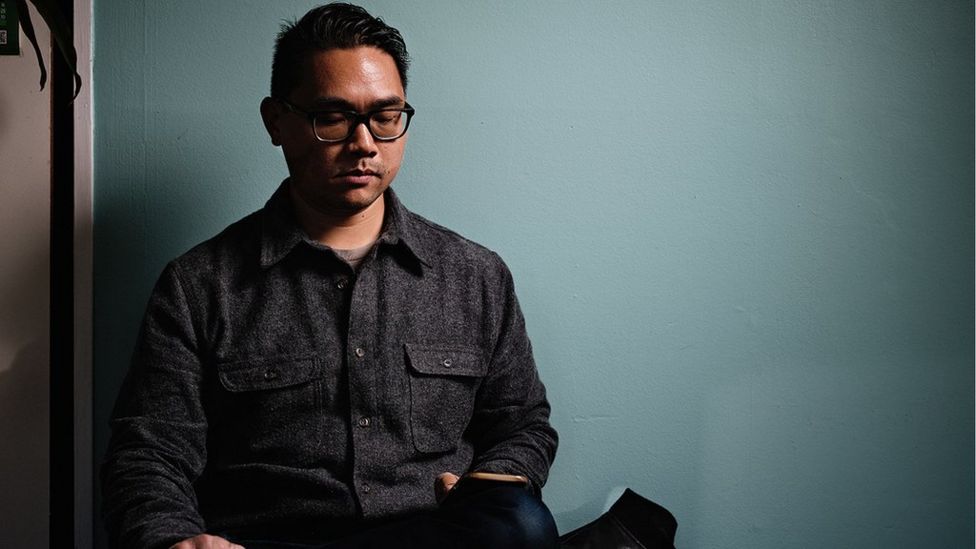 Image copyrightTED NGHIEM
Image copyrightTED NGHIEMKimberly Ha, 38, says she noticed the difference in February, after a stranger began shouting at her as she walked her dog in New York.
“He yelled: ‘I’m not scared of radioactive Chinese people’ and started pointing at me, shouting ‘you people shouldn’t be here, get out of this country, I’m not scared of this virus that you people brought over,'” the Chinese Canadian, who has lived in New York for over 15 years, said.
In the weeks that followed, she also noticed that “about one in 10” people she encountered in public appeared angry when they saw her. “I’ve never felt that level of hostility before,” she says.
On the opposite side of the US in California, Madison Pfrimmer, 23, had heard about anti-Asian attacks, but “didn’t think it was as prevalent as everyone made it seem”.
Then, in April, she helped translate for an elderly Chinese couple in a supermarket in Los Angeles when they were confronted by an angry woman who swore at them at length, threw water at them and sprayed them.
“She yelled ‘how dare you come to this store where my family shops, how dare you come and ruin my country. You are why my family is not able to make money,'” Ms Pfrimmer, who is half-Chinese, recalls.
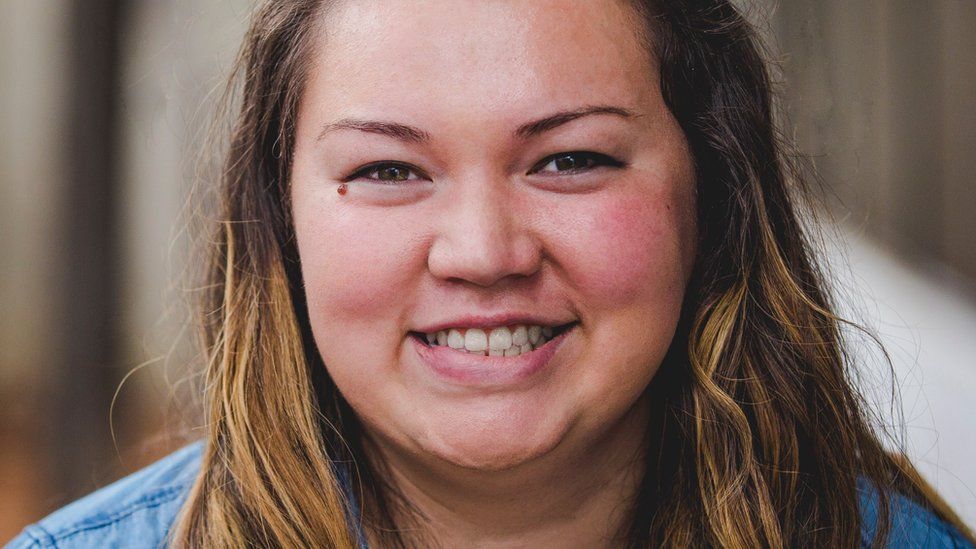 Image copyrightMADISON PFRIMMER
Image copyrightMADISON PFRIMMERMs Pfrimmer says she tried to reason with the woman, who berated her for translating for the couple and hurled water from a bottle at her, soaking her legs and feet.
The woman walked by them again when they were waiting for the cashier, spraying them with something that appeared to be air freshener or disinfectant – and then followed the elderly couple to their car, where she took photos of them while shouting “it’s your fault”, and directing expletives at “China”, “all those dirty people” and “communism”.
“I ran to the couple, told them in Mandarin to just get in their car, and loaded their groceries for them – I handed the man the eggs through his window,” says Ms Pfrimmer. The woman followed her in her car – until Ms Pfrimmer purposefully drove near a police station.
Asian rights groups and San Francisco State University teamed up to start the STOP AAPI HATE database, which records reports of Covid-19 discrimination directed at Asian Americans and Pacific Islanders in the US. They received examples from 45 states, with California and New York making up the bulk of cases.
The incidents recorded fall on a broad spectrum. Verbal harassment is by far the most common, but shunning, physical assault, workplace discrimination, being barred from establishments, and vandalism also feature in the database – with women more likely to be targeted than men.
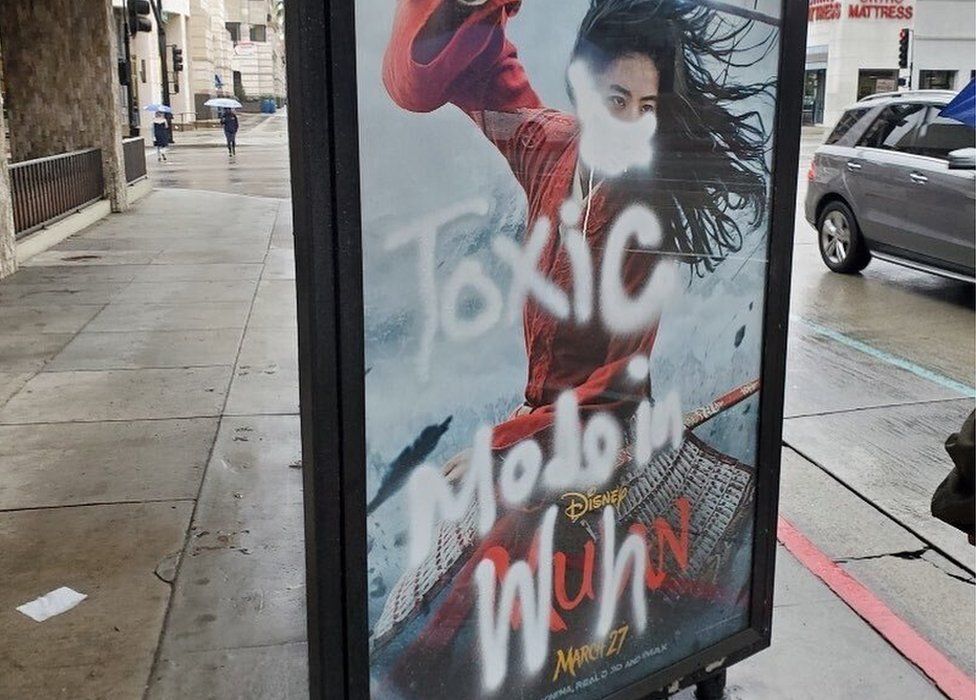 Image copyrightLARISSA LIM
Image copyrightLARISSA LIMRussell Jeung, a professor of Asian American studies at San Francisco State University who has been running the database, says he found so many incidents of people “being coughed or spat upon” that he added it as an additional category.
That’s what happened to Ted Nghiem, a Vietnamese American in Philadelphia. He says in March, a man swore at him, yelling “get out of here, you caused coronavirus” – but it didn’t particularly bother him.
However, later that month a man spat at him as he walked past, which got him “really down for a day or two”.
“I did inform the cops but I don’t know if anything happened… luckily I didn’t catch anything,” says Mr Nghiem, 37.
The STOP AAPI HATE database is based on online self-reporting. A separate BBC analysis of interviews and US media reports found coverage of more than 100 alleged incidents since January that appeared to target Asians.
About 70% of those incidents had a clear link to the pandemic, and about 40% of cases were reported to police.
Some incidents reached the bar of hate crimes. New York City police say they have investigated 14 hate crimes related to Covid-19, involving 15 Asian victims. There have been at least nine physical attacks in the state.
In California, an elderly man was attacked with an iron bar, and a teenager was taken to hospital after being physically assaulted.
In Texas, an Asian family, including a two-year-old and six-year-old, were stabbed in a supermarket. An FBI report obtained by ABC news said that “the suspect indicated that he stabbed the family because he thought the family was Chinese, and infecting people with the coronavirus”. The family was Southeast Asian.
![]()


